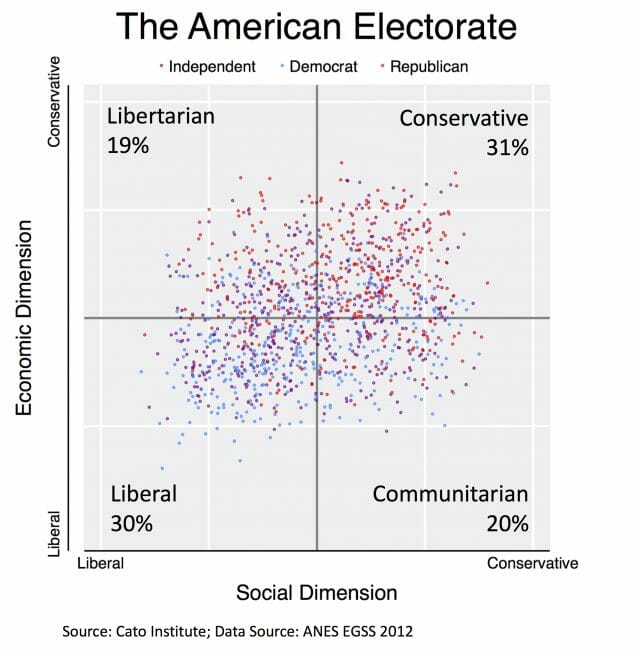The Number One Reason the Ivy League Schools Are Broken
Ivy League schools are broken, at least to the extent they are true to their word that they are trying to serve mankind and not simply their own prestige. Consider this from the WSJ:
Harvard hit a new low this year—in terms of its acceptance rate.
The university admitted 4.6% of applicants, or 1,962 students for the class set to begin this fall. Last year, it admitted 5.2% of applicants.
The eight campuses making up the Ivy League notified applicants on Wednesday evening about who will make up their first-year undergraduate class come fall. Seven of the eight posted record-high application numbers, while Dartmouth had its highest number in five years; seven recorded their lowest-ever acceptance rates, as Yale tied with its prior record.
Many of the applicants looked perfect on paper. At Princeton, more than 14,200 of the 35,370 applicants had a 4.0 grade point average. Brown boasted that 96% of its admitted students are in the top 10% of their high school classes, while at Dartmouth that rate hit 97%.
Yale admissions officers were “impressed and humbled” by the volume of qualified candidates, said Jeremiah Quinlan, dean of undergraduate admissions and financial aid. That school tied its record-low 6.3% admission rate this year.
These schools invest the vast majority of their impressively-large capital funds in continuing to improve the quality of education by some fraction of a percentage. In contrast, none of them have made meaningful investments in increasing their capacity to bring their already super-high level of education to more students (by this I mean doubling or tripling the size of its school-- Princeton to its credit did increase its capacity several years ago by something like 15%). The number of clearly Ivy-qualified students has increased perhaps by an order of magnitude over the last 30 years but Ivy capacity has increased only trivially.
Let's say an Ivy has 5,000 students and a 10 point (on some arbitrary scale) education advantage over other schools. Let's consider two investments. One would increase their educational advantage by 10% from 10 to 11 (an increase I would argue that is way larger than the increase from investments they have recently made). The other investment would double the size of the school from 5,000 to 10,000 but let's say that through dilution and distraction it dropped the educational advantage by 10% from 10 to 9. The first investment adds something like 5,000 education points to the world (5,000 kids x 11 minus 5,000 kids x 10). The second adds 40,000 points to the world (10,000 x 9 minus 5,000 x 10). It's not even close. In fact, the expansion option is still favored even if the education advantage drops by 40%.
I have written this suggestion in various forms to every Princeton President in the last 20 years and have finally just given up trying. I have come to the conclusion that the administration and faculty don't actually care so much about Princeton's net contribution to the world, and care more about prestige. In their hearts, I would bet that most of the administration and faculty -- very rationally from their personal incentives -- want to be associated with what is arguably the top undergrad school in the country, and might even consider cutting the class size in half if that is what is required to get stay there. They get rewarded for being associated with a school with an educational advantage that is as high as possible, and no one's evaluation of that associated prestige is affected by whether that education is provided to one person or one thousand. If you buy Bryan Caplan's argument that college education is mostly all signalling, then we alumni should have the same attitude.
I did have one Princeton President engage me on this (Shirley M. Tilghman, who also oversaw the modest growth in Princeton's size I mentioned above). The counter argument I hear is that it is really hard to keep these institutions great while tripling them in size and taking online students or whatever. But that is a cop out, in my view. The people who run these institutions preen that they are the thought-leaders in education. Well any fool can run a capital campaign at Yale and build a new molecular biology building. One of these folks should take on a harder task. I have had my issues in the past with Arizona State (ASU) President Michael Crow, but I think it can be argued that he is contributing more to the world trying to figure out how to improve the education of 100,000 kids than is the Harvard President educating the same hand-picked 5,000 undergrads with incrementally-increased intensity.
